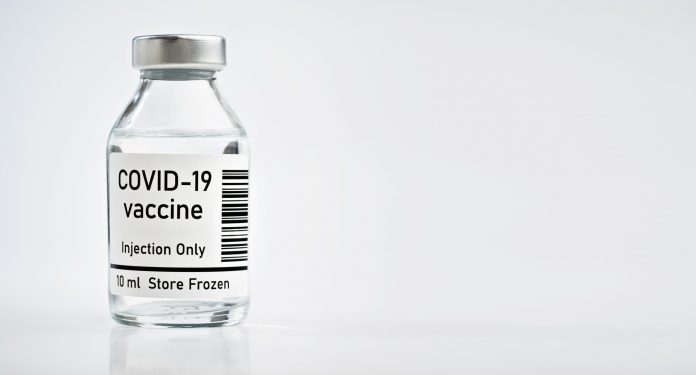A new Deloitte report is highlighting the “urgent need” to implement common standards across the healthcare supply chain as the world gears up for the largest deployment of vaccines in history.
The Deloitte white paper points to universal adoption of global standards across the healthcare supply chain as an urgently needed solution to enable fast, efficient, and safe distribution.
Global public health officials argue strongly for the “need to trace every vaccine dose” and have reinforced those sentiments, with Tom Woods, Chairman of the Global Steering Committee for Quality Assurance of Health Products for the World Bank, calling for the adoption of common standards including barcode scanning, “the most important and under-discussed element in preventing vaccine distribution failures and ensuring traceability and patient safety in the Covid-19 vaccination campaign.”
The Deloitte study, “Securing Trust in the Global COVID-19 Supply Chain,” argues that, in addition to industry collaboration and transparent communication, “embracing GS1 standards adds an element of trust at all levels of the supply chain – a trust that ultimately extends to the patients themselves”. GS1 global standards enable pharmaceutical manufacturers, distributing companies and healthcare providers to follow protocols and safety measures critical to ensuring public trust and confidence, both in the vaccine itself and the ability to roll out vaccinations safely.
Barcodes carrying GS1 standards uniquely and securely identify medical products, including vaccines, from laboratories and clinical trials to point of administration. GS1 standards bring transparency and help to improve supply chain coordination, decreasing the risk of vaccine diversion, date expiration and fake vaccines proliferation. While the adoption of GS1 standards continues to expand in the healthcare field, they are not yet universally applied.
The Deloitte study calls vaccine identification information (such as product identifier, lot number, and expiration date) “essential for healthcare providers to administer vaccines with confidence,” noting that, “the WHO recommends that all vaccines be identified with this data in a standardised barcode.” GAVI and UNICEF have also required the use of GS1 standards on the secondary packages of vaccines.
Greg Reh, Global Life Sciences & Health Care Industry Leader, Deloitte, added, “For vaccine developers, healthcare stakeholders and society at large, the level of transparency and public trust will determine Covid-19 vaccine acceptance and confidence. The continued adoption of global standards from organisations like GS1 are helping to instill that confidence in the Covid-19 vaccines.”
Today more than 70 countries have healthcare regulations or trading partner requirements for which industry uses GS1 standards. These countries rely on GS1 DataMatrix two-dimensional (2D) barcodes that can encode vaccine identification information to help reduce errors and enable traceability.
As some countries are experiencing tracking difficulties linking vaccines to patients at point of administration, the Deloitte report notes that “it is important to identify and label the vaccines capturing precisely which patient received which vaccine, and when.” Globally unique identification and GS1 barcoding can support that critical task.








